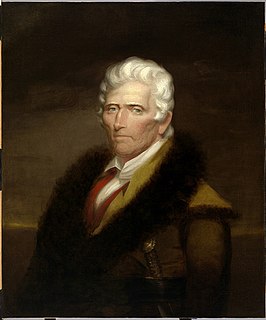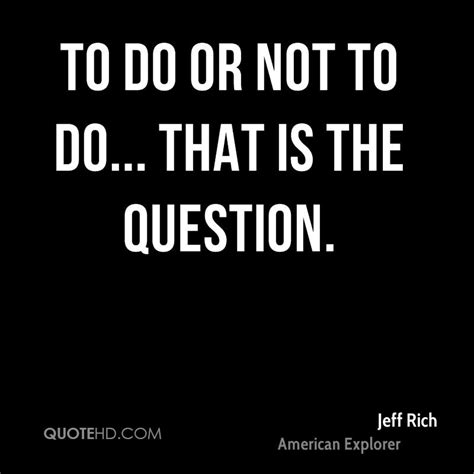A Quote by Reinhold Messner
In mountaineering, there is not only the activity, but the philosophy behind it. Some say a moral, but I am against that because all morality is dangerous.
Related Quotes
I would say to anybody who thinks that all the problems in philosophy can be translated into empirically verifiable answers - whether it be a Lawrence Krauss thinking that physics is rendering philosophy obsolete or a Sam Harris thinking that neuroscience is rendering moral philosophy obsolete - that it takes an awful lot of philosophy - philosophy of science in the first case, moral philosophy in the second - even to demonstrate the relevance of these empirical sciences.
I'm not saying that atheists can't act morally or have moral knowledge. But when I ascribe virtue to an atheist, it's as a theist who sees the atheist as conforming to objective moral values. The atheist, by contrast, has no such basis for morality. And yet all moral judgments require a basis for morality, some standard of right and wrong.
I think moral philosophy is speculation on how we ought to live together done by people who have very little clue how people work. So I think most moral philosophy is disconnected from the species that we happen to be. In fact, they like it that way. Many moral philosophers insist that morality grows out of our rationality, that it applies to any rational being anywhere in the universe, and that it is not based on contingent or coincidental facts about our evolution.
You do just have to go back to moral philosophy and you've got to say, okay, there is greed, people do want more and more, but then what restrains them and what restrained them in the past was a view of life in which one's satisfaction wasn't the most important thing, that you just, you needed enough and you could say, "Enough is enough." Maybe religion will get you there, maybe just classic moral philosophy, but you have to have some of that, or else you're always on the gravy train.
Anytime you're dealing with moral issues, in a government position, you're dealing with some sticky stuff because everybody's morality is different. So you may be a Christian and say "my morality is based on the Bible." But if it doesn't line up with the way they think it should line up, now you got a problem with them. And then you can say, "I'm more in line with the Bible," but you don't care about the Bible, so they are like 'why are you imposing these difficult rules on me? I don't even believe in that.' So you just have an interesting and sticky situation.
We're always projecting our moral categories on things. I think that's inevitable. But capitalism places no particular value on morality. Morality in the market is enforced by contract and regulation and law, because morality is understood to be in conflict with the motive force of greed and accumulation.
If Christ be a fraud, he was among the most peculiar yet brilliant of frauds in saying that only he was the way, the truth, and the life. This is the importance of grace - some people think that simply being nice and not harming others is morality; others think that following rules and tithing are morality. But without Christ, all moral beliefs ultimately boil down to the one sin which perpetually rails against the concept of grace: man's lawful, religious, and futile attempt at establishing his own righteousness.
My version of relativism is pluralistic and attributes functions to morality that in combination with human nature place limits on what could count as a true morality. Unlike many other relativists, I do not hold that people are subject to a morality because they all belong to a certain group. That is, I don't hold that being a member of a group makes one's subject to some set of generally accepted norms. What is true is that others around us teach us morality and moral language, so they inevitably influence us.
We are on strike against martyrdom—and against the moral code that demands it. We are on strike against those who believe that one man must exist for the sake of another. We are on strike against the morality of cannibals, be it practiced in body or in spirit. We will not deal with men on any terms but ours—and our terms are a moral code which holds that man is an end in himself and not the means to any end of others.







































